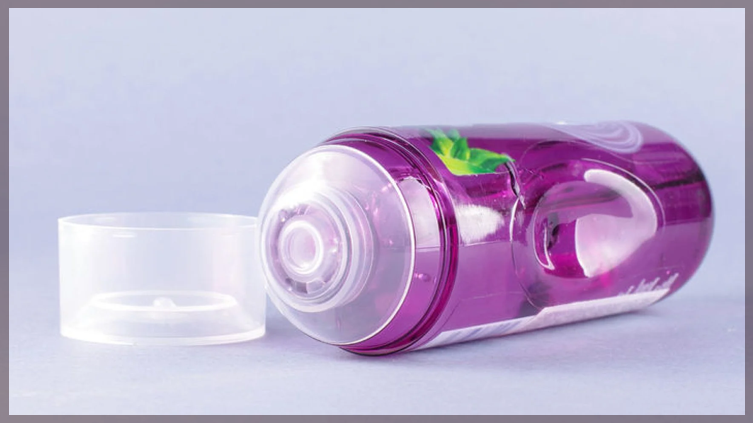Best Toys for Pegging 2025
Table of Contents
Toggle
When it comes to exploring new dimensions of pleasure in the bedroom, pegging offers a unique experience that many couples find exhilarating. For those interested in this practice, choosing the
Best Water-Based Lubricant in India 2025
If you’re searching for the best water-based lubricant in India, you’re in the right place. These versatile lubricants enhance intimacy by providing a smooth, non-sticky experience while being gentle on
Best Sex Toys for Men 2025
Sexual wellness is an important part of self-care and relationships, yet it’s often overlooked. Men deserve sex toys to explore their desires and enhance pleasure. Whether you’re new to sex
What is a Dildo? A Comprehensive Guide to the Popular Sex Toy
A dildo is a specific kind of realistically penis-looking sex toy used by women to play solo to fulfill sexual desires or with a partner to enhance fantasy and intimacy in the relationship.










